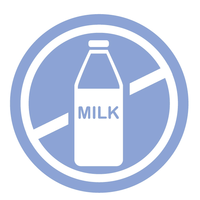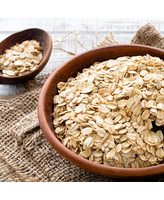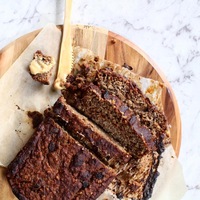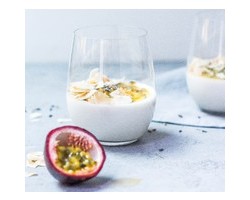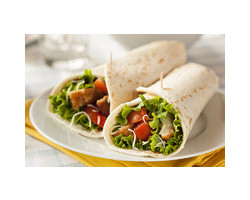Paleo - Is it good for you?
Author: Julie Brennan- Naturopath
Food and lifestyle trends wax and wane, like any zeitgeist. Research, marketing and celebrity endorsements can all influence our take on healthy living. The Paleo approach to eating is one such trend that has both pros and cons in its ideology.
The Western diet is, on the whole, full of processed and highly refined foods, with little consideration for the nutrients we need to optimise our health. Salt, sugar, trans fats and chemicals have been appearing in our food in disproportionate quantities over the last half century, with the advent of convenience foods to accommodate our increasingly hectic lifestyles.
The Paleo philosophy turns away from refined foods, including grains that were believed to be absent from the diet of Paleolithic man. It also rejects dairy and cereals, whilst focusing on fruit, vegetables, meats, nuts and seeds for sustenance. This is an excellent philosophy, as it returns to a more wholefoods approach, whilst abstaining from the processed foods that are contributing to the current obesity, diabetes and cardiovascular disease endemic in Western society.
As with any great philosophical movement, there are limitations that need to be considered. Carbohydrates fuel our bodies, our brain and feed the good bacteria in our gut, which are responsible for digestion, mood and immunity. While the body can adapt to fat as its primary fuel source, it is more ideal to feed the brain glucose to work optimally. Prebiotic foods, such as kim chi, tempeh, fruits, vegetables, chickpeas, lentils, red kidney beans and soybeans, feed the bacteria in our gut and optimise immunity, mood and digestion.
There is no harm in the Paleo approach, as it does endorse a healthier way of living, particularly in the absence of high levels of saturated and trans fats, as well as "white" foods (refined foods, such as sugar, pasta, flour). The only thing to be mindful of is to incorporate foods that will do the work mentioned above. There are plenty of quality, Paleo-based foods that are manufactured with a healthful outcome
While there are many - and sometimes confusing - messages out there telling us what to do, the best advice is to listen to your body and do what is right for you.
And everything in moderation.



